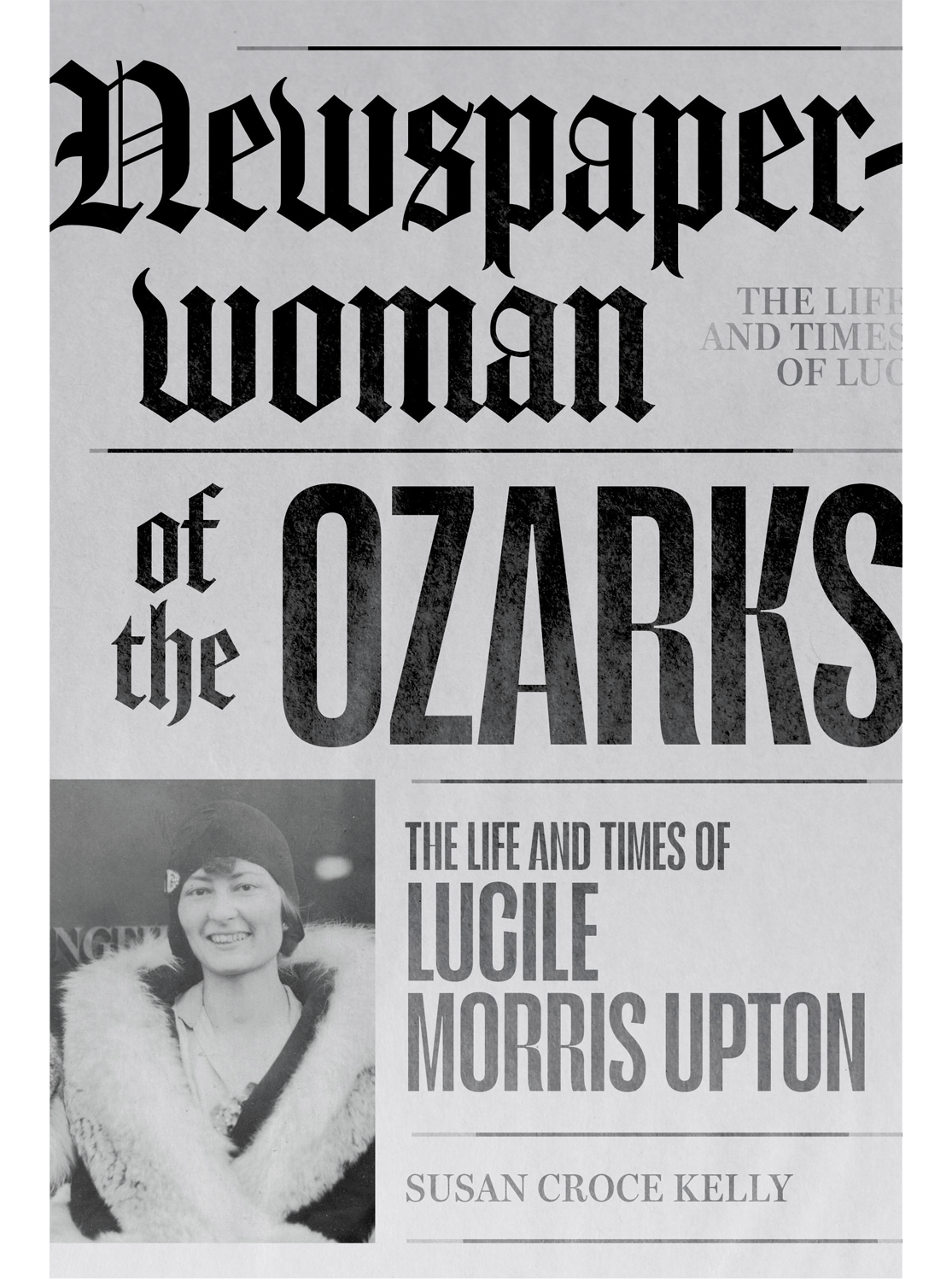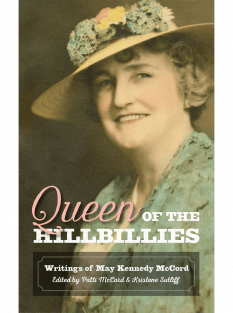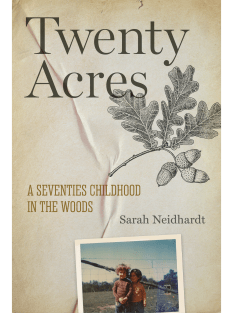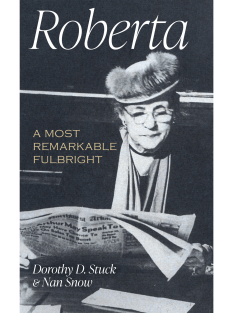Lucile Morris Upton landed her first newspaper job out West in the early 1920s, then returned home to spend half a century reporting on the Ozarks world she knew best. Having come of age just as women gained the right to vote, she took advantage of opportunities that presented themselves in a changing world. During her years as a journalist, Upton rubbed shoulders with presidents, flew with aviation pioneer Wiley Post, covered the worst single killing of US police officers in the twentieth century, wrote an acclaimed book on the vigilante group known as the Bald Knobbers, charted the growth of tourism in the Ozarks, and spearheaded a movement to preserve iconic sites of regional history. Following retirement from her newspaper job, she put her experience to good use as a member of the Springfield City Council and community activist.
Told largely through Upton’s own words, this insightful biography captures the excitement of being on the front lines of newsgathering in the days when the whole world depended on newspapers to find out what was happening.
Susan Croce Kelly was a reporter at Lucile Morris Upton’s own Springfield News-Leader. She is the author of Route 66: The Highway and Its People and the managing editor of OzarksWatch at Missouri State University’s Ozarks Studies Institute. Find her online at susancrocekelly.com.
“Lucile Morris Upton was an amazing woman who redefined herself time and again—teacher, journalist, and public official—at a time when many women were not part of the public sphere. This book is her story, and it is told well. It reflects the community she knew and thus explains the culture of the Ozarks.”
—Kimberly Voss, Missouri Historical Review, April 2024
“To call this work a significant contribution to the history of the Ozarks is an understatement. Susan Croce Kelly grasps the importance of Lucile Morris Upton in the development of the Ozarks, charting the events of Upton’s life with an understanding of the characters involved in their historical context. This is an important and enjoyable read.”
—Marideth Sisco, host, These Ozarks Hills
“Lucile Morris Upton’s work to document and preserve the Ozarks—through advocacy, books, and newspapering—far outlives her time on Earth. Yet behind these efforts is her own story: one of diligence, of adventure found in everyday moments, and of her role in the women’s movement before it carried that title. Newspaperwoman of the Ozarks artfully shares that story.”
—Kaitlyn McConnell, founder, Ozarks Alive
“Reporter, correspondent, teacher, public speaker, and city councilperson, Lucile Morris Upton led a lively and consequential life. Susan Croce Kelly’s entertaining and informative biography illuminates the nationwide currents of Upton’s time and their intersections with the Ozarks.”
—Lynn Morrow, editor of The Ozarks in Missouri History: Discoveries in an American Region
1) The newspaper world has changed a great deal since Lucile ended her “Good Old Days” column in 1984. How has your job changed since you’ve been working?
2) Lucile wrote that “two large Missouri newspapers which will not employ women at all…give as their excuse the fear that sometime they might want to send a woman out on a story not suitable for her to cover. That is too absurd to discuss.” (“The Very Idea,” Springfield Leader, March 4, 1932) However, a lot of people would disagree with Lucile, saying that women do have a different sensibility. What do you think? Why or why not?
3) An often-heard quote is, “Newspapers are the first draft of history.” Do you think Lucile believed that? Why or why not? Do you?
4) Lucile grew up knowing she would have to fend for herself and became a teacher. After about five years, she changed careers and was a newspaper journalist for almost a half-century. Did you grow up aiming for one career or lifestyle and change direction? Was it a good thing? Why or why not?
5) Lucile thought nothing about traveling across the country a century ago to take a job. How difficult is it today to travel or move for work? Is it worth it?
6) What struck you most, or surprised you, about Lucile’s life, if anything?
7) Lucile was devoted to her Ozarks. How do you feel about your town, county, state and what can you do to preserve or promote it?
8) Lucile certainly thought preserving historic sites like the Wilson’s Creek Civil War Battlefield and the Nathan Boone Homesite were important to do. Why was she so focused on historic preservation? Do you agree, and if so, why?
9) Lucile bonded with photographer Betty Love and they worked together, although they were not “best friends.” In today’s dog-eat-dog workplace, how hard is it to bond with fellow workers, considering the competition? Have you ever worked closely with a non-friend (or a friend) over a long period? How did it work?
10) In Lucile’s day, papers triple-checked facts, grammar and spelling. That does not happen in today’s news as big business and/or entertainment. What are your opinions on the changes, and how closely do you depend on news sources for factual information?
11) If you do not receive or see a newspaper, where do you get your news? What do you think about the fact that most news today seems to be delivered online or over the air? Is it as believable to recipients as newspaper news was a generation ago?
12) Thomas Jefferson said “Were it left to me to decide if we should have a government without newspapers, or newspapers without a government, I should not hesitate a moment to prefer the latter.” Do you know what he meant by that quote and do you agree/disagree? Why?
13) There was no AI in these times. How dangerous do you think it is, and what are the major worries about AI?
14) Lucile says she pretty much didn’t encounter the brick wall of good ol’ boy clubs, but most women even today have. Are there times you felt discriminated against because you are female?




